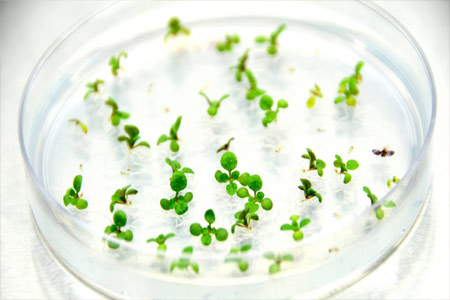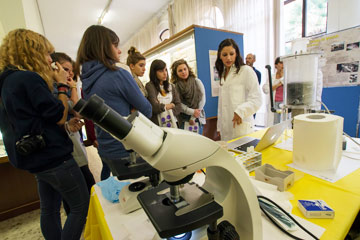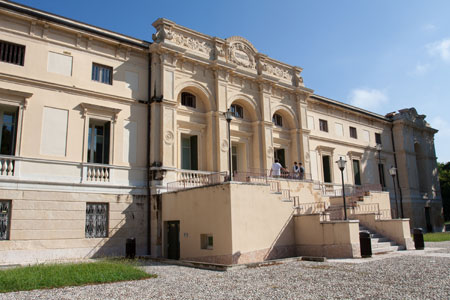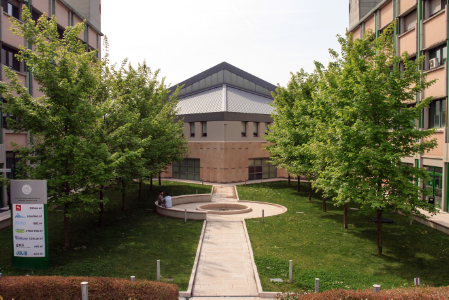The wine sector is central to the economy of Italy as well as of many other producing countries in Europe and worldwide, with over 30 billion bottles commercialized every year. From a technical perspective, the core of wine production lies in the fermentation process, which transforms grape sugars into alcohol. However, in order to meet market standards and consumers expectations, various other stabilization steps are undertaken during winemaking, mostly addressing the issues of chemical and microbial instabilities that can negatively affect wine quality.
Both fermentation and stabilization treatments determine specific outcomes that increase the environmental impact of winemaking. First, as fermentation produces CO2, wine production involves release in the atmosphere of the main greenhouse gas, with consequent implications for global warming; second, in order to achieve specific quality standards, fermentations are typically cooled, determining significant energy inputs; third, stabilization treatments are very often carried out with the use of additives and processing aids, which are typically dosed in excess as optimal doses are difficult to establish.
The present project aims to develop novel technologies to allow more environmentally friendly winemaking processes, with particular references to:
1. Reduction of CO2 emissions by technologies involving the use of fermentation CO2 to produce biomass from microalgae, also including circular economy approaches to obtain microalgae nutrients from winery wastes
2. Reduction of energy (cooling) inputs of fermentation based on the use of
a. aroma recovery technology and
b. non-conventional yeasts in multistarter fermentations
being cool fermentation temperatures devoted to increase aroma production by the yeast
3. Rationalization of the use of preservatives (e.g. SO2) and processing aids (e.g. fining agents) through the development of novel sensor-based devices for real-time assessment of actual required dosage
Altogether, these combined approaches will provide novel technological solutions to improve the environmental performance of the wine industry.
Experimental activities will be carried centralized in the novel university structure of villa Eugenia, located in the Polo Universitario of San Floriano, with the support of various laboratories of the Department of Biotechnology. They will allow the development of synergies with other existing actions at University level, with particular reference to the iNEST innovation ecosystem project.
The present proposal will involve collaboration of the following research groups:
• Wine Chemistry and Enology, prof. Maurizio Ugliano and prof. Davide Slaghenaufi
• Wine Microbiology: prof. Giovanna Felis and Sandra Torriani
• Solar energy bioexploitaton: prof. Matteo Ballottari, prof. Stefano Cazzaniga
• Chemical engineering: prof. David Bolzonella, prof. Federico Battista







